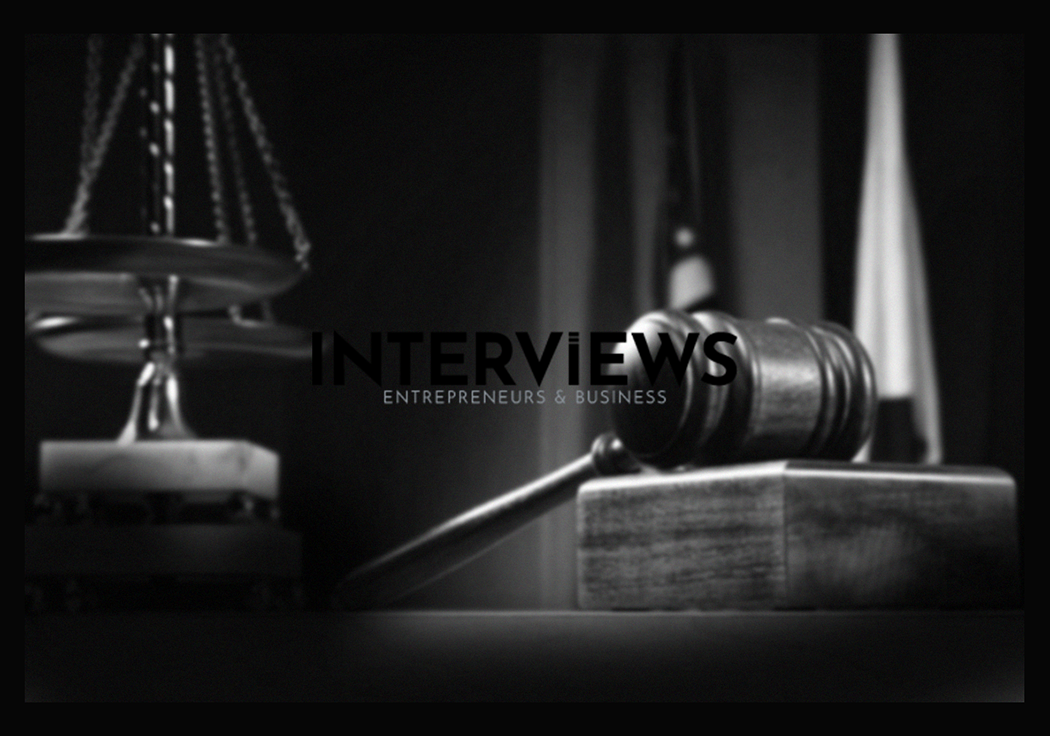So, you have a million-dollar business idea, right? That’s exciting, but then comes the fear: “What if someone steals my idea?!” Entrepreneurs face this nightmare alongside other worries. You’re not alone in this. The fear is valid. Fortunately, you can protect your ideas without constant worry.
The Idea vs. The Expression: It’s Not All in Your Head (Legally Speaking)
Let’s be clear: you can’t copyright an idea in your head. The law shields the expression of that idea. Dreaming is one thing; writing that idea down is another. Copyright applies when your idea takes a tangible form, like writing or music. As the U.S. Copyright Office outlines, you can copyright when it’s tangible and registered. No copyright for just the lightbulb moment.
This brings us to the world of Intellectual Property (IP). IP acts as your idea’s bodyguard. It’s a set of tools – patents, trademarks, copyrights, and trade secrets – stopping copycats in their tracks. IP gives you an “edge,” as BDC mentions, to create a business and monetize your brilliance. Without it, business becomes chaotic with thievery.
Now, let’s examine the scary part: Intellectual Property Theft. Others call this idea theft. While there’s no formal legal term for “stealing a business idea,” it falls into this IP theft space, per Gusto. This occurs when someone copies your creative expression or invention. Copying your business plan or marketing materials? That’s plagiarism. It means presenting others’ work as your own. Not acceptable.
Your Arsenal of Legal Protections: From Patents to NDAs
Prepared to build your fortress of protection? Here are legal tools for your defense:
Patents: For Gadgets and Gizmos (and Processes Too!)
Have a groundbreaking invention? A patent is your ally. If you designed a new product, patents stop others from copying it. LegalZoom emphasizes patent protection as key for stopping product copycats. Patents serve as a “Do Not Duplicate” sign for your invention.
Trademarks: Branding is Your Banner
Trademarks focus on brand identity. They protect your unique identifiers – logos, slogans, and names – from imitators. Gusto notes trademarks, like copyrights, apply automatically to combat brand theft. A trademark is a word, phrase, symbol, or design branding your goods or services.
Copyrights: Content is King, Protection is Queen
Copyrights are essential for original creations. They protect your unique business content from unauthorized use. Copyright shields authorship fixed in a tangible medium – books, films, software, and more. LegalZoom states copyright protects original works while patents cover inventions. Copyright spans literary and artistic creations.
Trade Secrets: Keep it Hush-Hush
If your idea hinges on a secret sauce rather than an invention, use trade secrets. If patents are not an option, trade secret law can offer protection if your idea remains confidential and aids your competition. BDC cites trade secrets as confidential info giving businesses an advantage. Think of Coca-Cola’s formula—it’s a heavily guarded trade secret.
Non-Disclosure Agreements (NDAs): Your Confidentiality Contract
Need to share some details? Before you discuss your idea with investors or partners, present an NDA. An NDA or non-disclosure agreement is crucial once the idea sparks. Gusto advises using NDAs when discussing ideas publicly. This agreement acts as a fence against theft or misuse of your idea.
Strategic Idea Sharing: Play it Smart
Sometimes, sharing your idea is necessary, but it’s tricky. Here’s how to reduce risk:
- Strategic Disclosure: Share only the essentials. Think breadcrumbs, not a whole loaf. Less is better during the early phases.
- Record Keeping: Create a thorough paper trail. Document everything – meetings, emails, sketches – anything that proves your idea’s timeline and originality.
- Be Selective: Not everyone is trustworthy. Be choosy about whom you pitch to. Vet individuals and companies before sharing.
Idea Stolen? Don’t Panic (Yet)
发现你的想法被盗了? (Found your idea stolen?) Take deep breaths. Don’t panic. First, plan your next steps. Consider trademarks and legal options. Gusto mentions “trademarks and legal pathways” for recourse. Use that paper trail and registered IP. Consult a lawyer for advice—cease and desist letters or legal action.
Key Takeaways: Wisdom Nuggets for the Idea-Possessed
Keep these rules in mind:
- Ideas are most vulnerable once shared. An idea in action attracts more attention than one kept secret.
- Avoid sharing ideas with competitors or untrustworthy strangers. This may seem obvious but deserves emphasis.
Protecting your business idea isn’t paranoia; it’s preparation. Use these tools wisely to navigate idea-sharing confidently. Now go innovate, and may your ideas grow securely!





